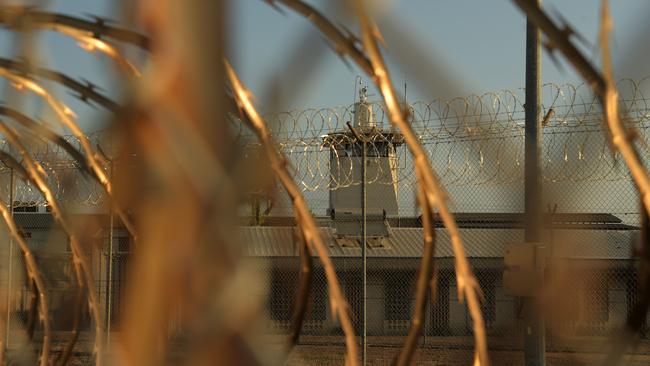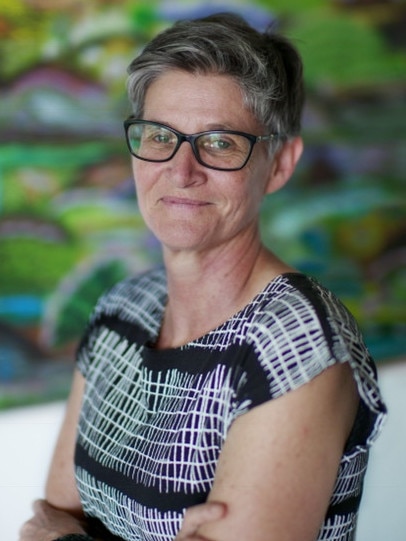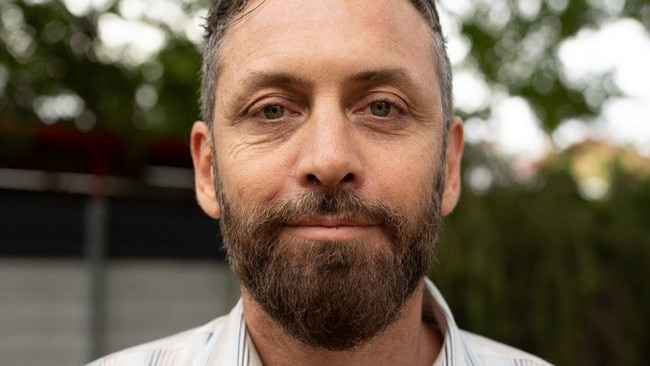Leading NT organisations pen open letter calling for end to ‘prison-first’ model
A coalition of NT community leaders and frontline services have called for all sides of politics to end ‘over-reliance on prisons’. Here’s the plan they say will bring enduring community safety.
Northern Territory
Don't miss out on the headlines from Northern Territory. Followed categories will be added to My News.
A coalition of Territory community leaders and frontline services have called for all sides of politics to adopt “smarter” justice policies to combat the cycle of prison and reoffending.
The broad-reaching coalition includes Aboriginal Peak Organisations NT, NT Council of Social Service, legal bodies including Legal Aid and Human Rights Law Centre, advocacy groups and frontline service providers.
In an open letter to Territory politicians the group detailed three areas they say will lead to enduring community safety: fully implementing the Aboriginal Justice Agreement; reducing the number of young people in contact with out of home care, police and custody; and investing in alternatives to prison.

“Over-incarceration in the Northern Territory causes significant harm to children, families and the whole community,” the letter says.
“It is also extremely expensive. Our current over reliance on prison fails to improve a sense of community safety and further entrenches disadvantage.”
“The ongoing use of over incarceration means we lose focus on investing in the evidence-based supports, rehabilitation and healing which are vital for a healthy and thriving community.”

Among the recommendations were raising the age of criminal responsibility to 14, establishing a Youth Peak Body, encouraging stronger family supports and parental responsibility, and addressing drivers of crime such as poverty and domestic violence.
NTCOSS chief executive Sally Sievers said “if a prison-first approach worked, the Territory would be the safest place in the world”.
“We need to stop expecting prison alone will fix the issues in our communities and recognise what is causing crime in the first place,” she said.
“Addressing crime requires us to invest in housing, mental health, domestic violence, alcohol and other drug services and to listen to local communities about what will work for them.”

Human Rights Legal Centre spokesman Nick Espie said there was almost unanimous support from organisations that deal with crime and justice on the ground for a better approach.
“This policy framework has support from all corners of the community that work every day to reduce offending, get people’s lives back on track and make our community safer,” Mr Espie said.
Aboriginal Peak Organisations NT, an alliance including all four Aboriginal land councils, Aboriginal Housing NT, and the Aboriginal Medical Service Alliance NT, said the “old prison-first model” had “proven to fail”.
“It’s time for a smarter approach,” spokesman John Paterson said.
“We must listen to local people about what works in their communities to reduce crime, get peoples’ lives back on track and make our communities safer.”





